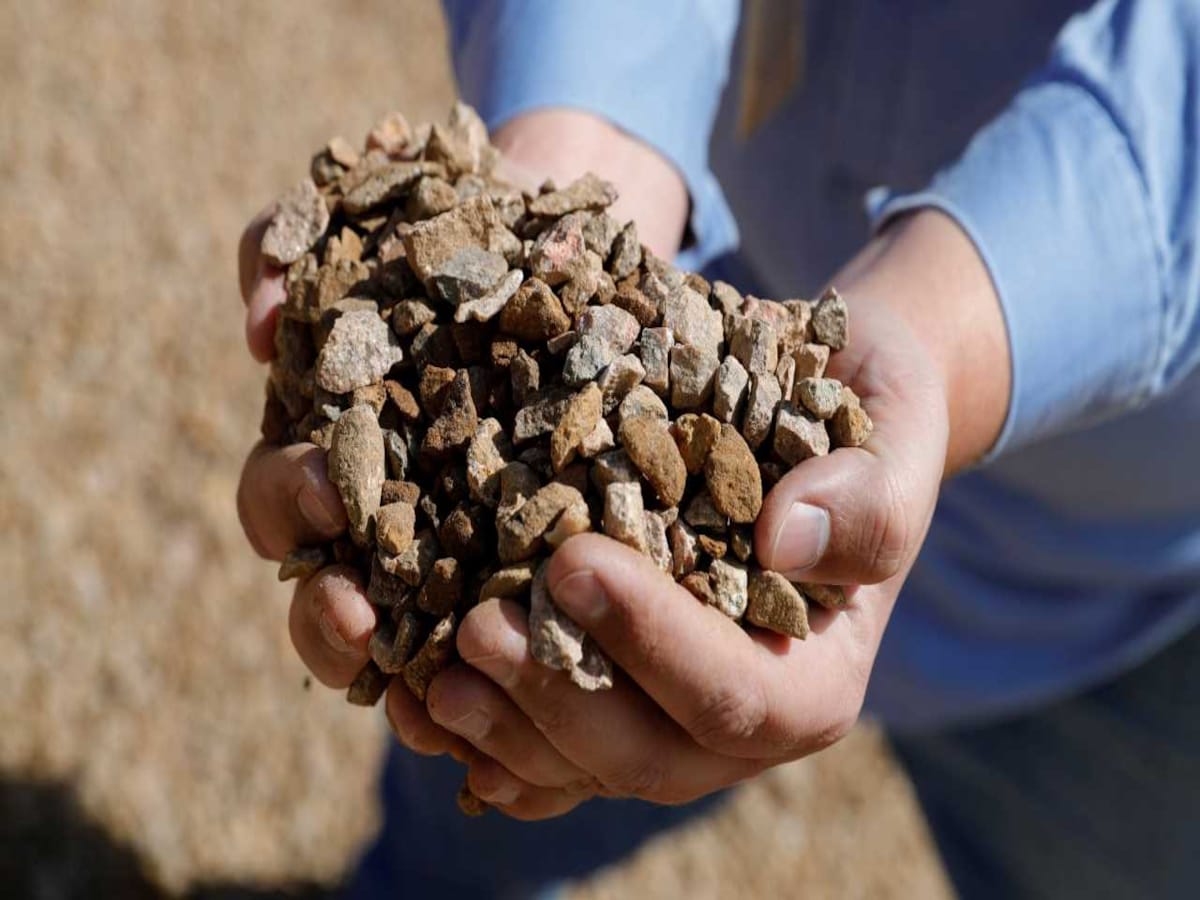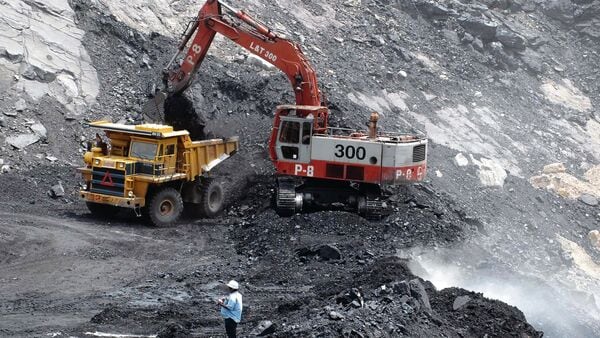In a strategic push towards self-reliance in high-tech manufacturing, the Indian government is set to roll out an ambitious Rs 1,000 crore scheme aimed at promoting the domestic production of rare earth magnets—key components vital for the electric vehicle, electronics, renewable energy, and defence sectors.
According to sources, the Ministry of Heavy Industries (MHI) and the Department of Atomic Energy (DAE) will finalise the scheme in the next two weeks. The government aims to support a production capacity of 1,500 tonnes per year of rare earth magnets within India—stepping away from dependency on imports, especially from China.
India Rare Earth Limited to Play a Crucial Role
India Rare Earth Limited (IREL), a government-owned enterprise, will ensure supply of approximately 500 tonnes of rare earth raw materials annually to magnet manufacturers. This will directly benefit Original Equipment Manufacturers (OEMs) engaged in producing permanent magnets for electric vehicles, wind turbines, defence systems, and consumer electronics.
Currently, 5–6 Indian companies have shown keen interest in joining the rare earth magnet production ecosystem under this scheme.

Strengthening Domestic Value Addition (DVA)
To make India globally competitive, policymakers are exploring changes in the Production Linked Incentive (PLI) scheme’s DVA norms, ensuring that value addition happens domestically rather than allowing manufacturers to rely on fully imported components.
Despite possessing the world’s third-largest rare earth reserves, India has explored less than 20% of its geological potential. Industry leaders like Arun Misra of Vedanta emphasise the urgent need to allow private mining and encourage investment in advanced smelting and extraction technologies, critical for producing neodymium—an essential ingredient for rare earth magnets.
Global Importance and Future Outlook
With countries like China and Japan controlling neodymium processing technologies, India’s efforts could reshape global supply chains, reducing dependency on single-source nations. Experts suggest that unlocking India’s rare earth potential could transform the country into a global hub for critical mineral processing.

The scheme’s success could mark a significant leap for Atmanirbhar Bharat (Self-Reliant India), propelling India towards becoming a powerhouse in the future of EVs, green tech, and next-generation defence systems.


